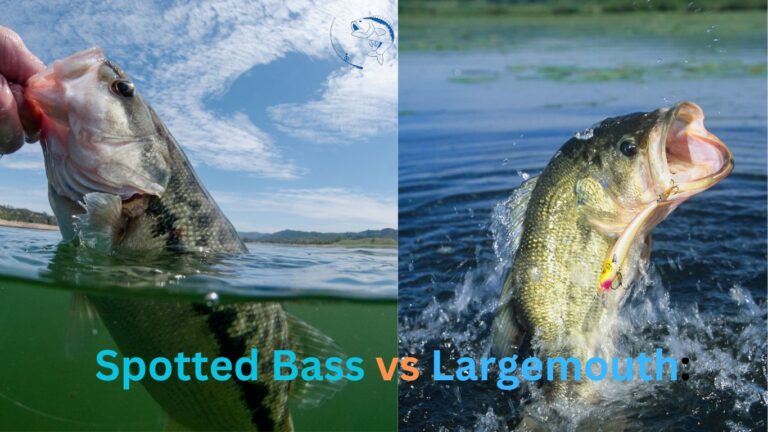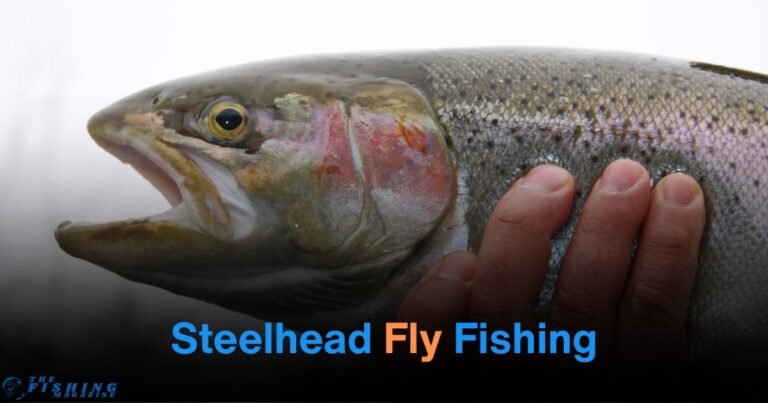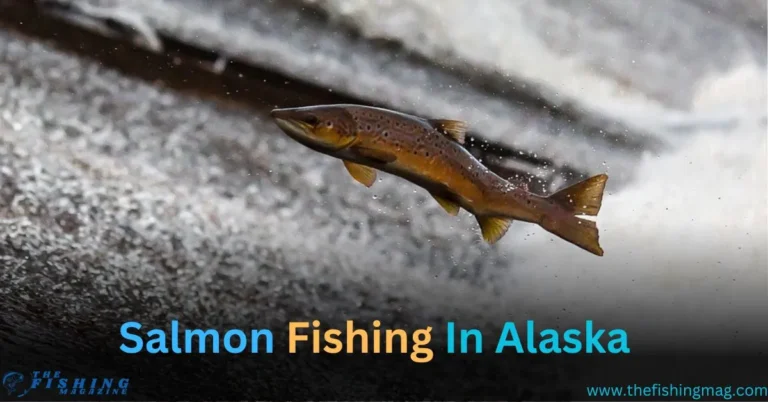Betta fish, known for their vibrant colors and elegant fins, are popular pets for both beginner and experienced fish keepers. These hardy little creatures are relatively easy to care for, but like any pet, they require a proper feeding routine.
If you’re a Betta owner, you might find yourself wondering: how long can a Betta fish go without food? Whether you’re planning a short vacation or simply curious about your Betta’s resilience, this blog post will provide you with everything you need to know.
Introduction
Caring for a Betta fish can be a rewarding experience, but it also comes with its own set of challenges and questions. One common concern for Betta owners is understanding the feeding needs of their fish, especially when circumstances arise that might prevent regular feeding. In this post, we’ll explore how long a Betta fish can safely go without food, the factors that influence this, and tips to ensure your Betta remains healthy even if you have to be away for a while.
By the end of this article, you’ll have a clear understanding of your Betta fish’s dietary needs, how to plan for feeding gaps, and what to do if your Betta has gone without food for a period of time. Let’s dive in.
Understanding Betta Fish Feeding Habits
Natural Diet of Betta Fish
In the wild, Betta fish (Betta splendens) are carnivorous creatures that feed on a variety of small insects and larvae. Their diet in their natural habitat consists of high-protein foods, which are essential for their energy and vibrant colors. In captivity, Betta fish are typically fed a diet of specially formulated pellets or flakes, along with occasional treats like bloodworms or brine shrimp.
Frequency of Feeding
Betta fish have small stomachs and should be fed small amounts of food one to two times per day. Overfeeding is a common issue among Betta owners and can lead to obesity, bloating, and other health problems. It’s generally recommended to feed your Betta no more than what they can consume in two minutes. Regular feeding helps maintain your Betta’s metabolism and energy levels, contributing to their overall health and well-being.
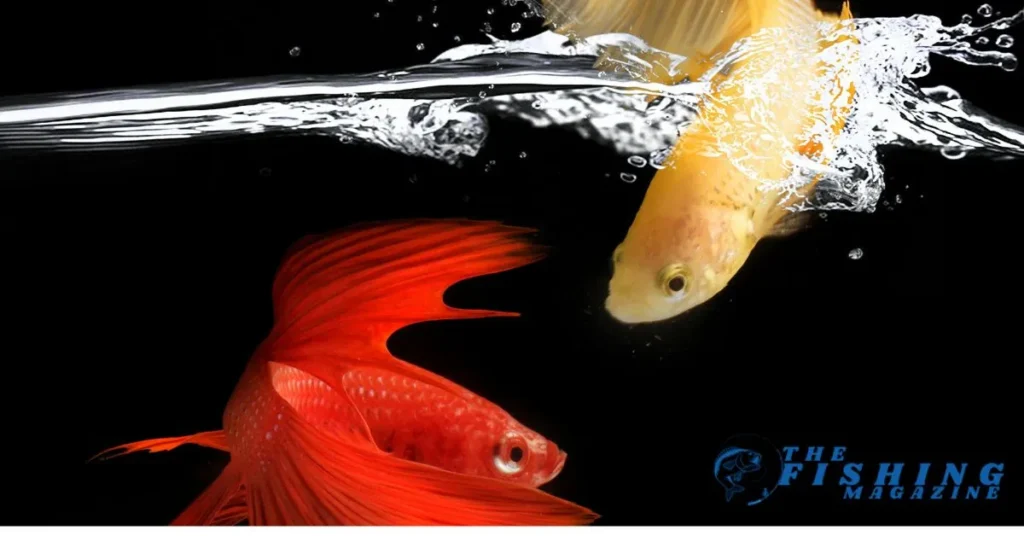
How Long Can a Betta Fish Go Without Food?
The General Rule of Thumb
A healthy adult Betta fish can survive without food for up to 14 days. However, this is not ideal and should only occur in extreme situations. While Bettas are resilient and can go without food for a period of time, doing so can weaken their immune system and lead to stress, making them more susceptible to diseases.
Factors That Affect a Betta’s Ability to Go Without Food
Several factors can influence how long a Betta fish can go without food:
- Age of the Betta: Younger Betta fish have higher metabolisms and require more frequent feeding than older Bettas. A juvenile Betta may only be able to go without food for a few days before its health starts to decline.
- Health of the Betta: A healthy Betta fish is more likely to survive longer without food than one that is already weakened or sick. Regular feeding and proper care are essential to maintain your Betta’s health.
- Water Temperature: Betta fish are tropical fish that thrive in warm water (around 78-80°F or 25-27°C). In colder water, their metabolism slows down, which may allow them to survive longer without food. However, water that is too cold can also lead to stress and illness, so maintaining the proper temperature is crucial.
- Recent Feeding Habits: If your Betta has been well-fed and has stored up some energy reserves, it may be able to go without food for a longer period. On the other hand, if your Betta has been underfed, it may struggle to survive even a short period without food.
Signs of Hunger in Betta Fish
If your Betta fish is hungry, it may display certain behaviors that indicate it’s time for a meal. These behaviors include:
- Increased Activity: Your Betta may swim around more rapidly or frequently approach the surface of the water, anticipating food.
- Nipping at Plants or Decorations: In the absence of food, some Bettas may start to nip at plants or other objects in the tank out of frustration or hunger.
- Flaring at Reflections: Bettas may flare their gills more often as a sign of stress or agitation when hungry.
- Loss of Color: A hungry Betta may begin to lose some of its vibrant color, appearing duller or paler than usual.
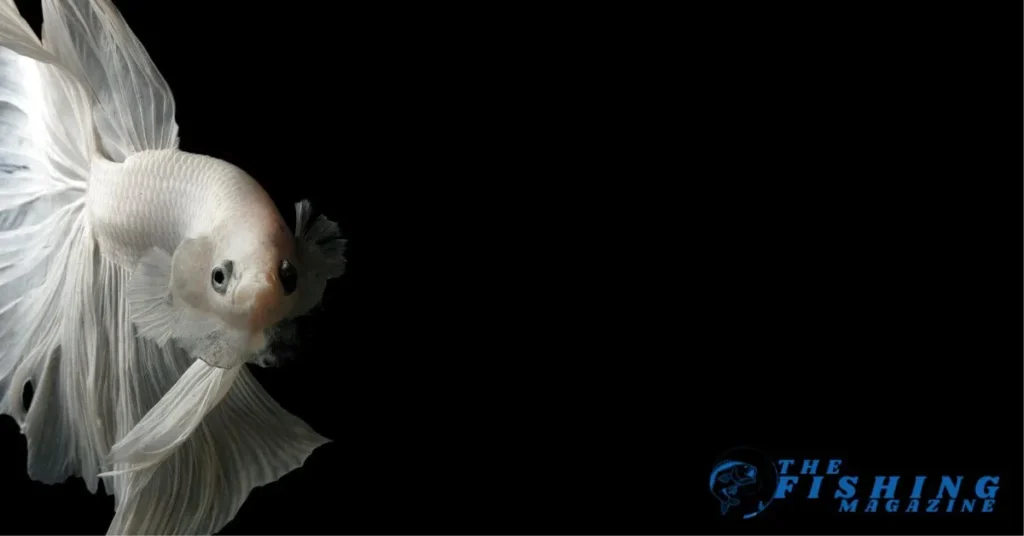
What to Do If You Need to Leave Your Betta Fish Unfed
Planning for Short Absences
If you’re planning to be away from home for a few days and are concerned about feeding your Betta, there are several options to ensure your fish remains healthy:
- Use an Automatic Feeder: Automatic fish feeders are designed to dispense a set amount of food at regular intervals. These devices are particularly useful if you’re going to be away for a short period.
- Ask a Friend or Neighbor: If you have a friend, family member, or neighbor who is familiar with fish care, consider asking them to feed your Betta while you’re away. Be sure to leave clear instructions on how much and how often to feed your fish.
- Feed Your Betta Before You Leave: If you’re only going to be away for a couple of days, feeding your Betta right before you leave can help tide them over until you return.
Planning for Longer Absences
For longer absences, it’s important to plan more carefully:
- Automatic Feeder with Slow-Release Food: Some automatic feeders come with slow-release food blocks designed to dissolve over time, providing your Betta with a steady supply of food. However, these blocks can sometimes cloud the water, so use them with caution.
- Temporary Tank-Sitter: If possible, arrange for someone to take care of your Betta while you’re away. This could be a friend, neighbor, or even a professional pet sitter. Provide them with detailed instructions and ensure they understand the importance of not overfeeding.
- Vacation Feeders: There are specialized vacation feeders available for Betta fish that are designed to slowly release food over a period of days or weeks. These can be a good option, but make sure to test them before your trip to ensure they work as intended.

The Risks of Leaving Your Betta Fish Without Food
Health Implications
Leaving your Betta fish without food for an extended period can have several negative health effects, including:
- Weakening of the Immune System: Without proper nutrition, your Betta’s immune system can become compromised, making them more susceptible to diseases and infections.
- Loss of Muscle Mass: Prolonged periods without food can lead to muscle atrophy in your Betta, causing them to become weak and lethargic.
- Stress: Hunger is a significant stressor for Betta fish, and chronic stress can lead to a host of health problems, including a shortened lifespan.
Behavioral Changes
A hungry Betta may also exhibit behavioral changes, such as increased aggression or lethargy. These changes are a sign that your Betta is not getting the nutrition it needs and should be addressed as soon as possible.
Betta Fish Care Guide
Betta fish, also known as Siamese fighting fish, are one of the most popular freshwater aquarium fish due to their stunning colors, unique personalities, and ease of care. However, keeping a betta healthy requires more than just a simple fishbowl. This guide covers everything you need to know about betta fish care, from tank setup to feeding and expert care tips.
Ideal Betta Fish Tank Setup
1. Tank Size & Environment
- A minimum 5-gallon tank is recommended for a single betta to ensure ample swimming space.
- Avoid small bowls, as they limit movement and water quality.
- Use a low-flow filter to maintain clean water without creating strong currents.
2. Water Conditions & Temperature
- Maintain a water temperature between 76-82°F using an aquarium heater.
- Keep the pH level between 6.5 and 7.5 for a stable environment.
- Perform regular 25-30% water changes weekly to prevent ammonia buildup.
3. Tank Décor & Plants
- Provide live or silk plants for hiding spots and enrichment.
- Use soft substrate to protect their delicate fins.
- Add a floating betta log or leaf hammock for resting.
Betta Fish Diet & Feeding Schedule
1. Best Foods for Betta Fish
- High-quality betta pellets should be the main diet.
- Supplement with freeze-dried bloodworms, daphnia, or brine shrimp for variety.
- Avoid overfeeding—feed 2-3 small meals daily (about 2-3 pellets per meal).
2. What to Avoid
- Never feed bettas bread or human food.
- Avoid overfeeding, which can lead to bloating and poor water quality.
- Remove uneaten food promptly to keep the water clean.
Expert Tips for a Healthy Betta Fish
Choose Compatible Tank Mates – Betta fish are territorial, so avoid fin-nipping fish. Good tank mates include snails, corydoras, and shrimp.
Monitor for Health Issues – Look for signs of fin rot, ich, or bloating. Isolate sick fish and treat them as needed.
Stimulate with Enrichment – Use a small mirror for short periods to encourage natural behaviors and prevent boredom.
Maintain a Consistent Routine – Regular feeding, water changes, and monitoring ensure a long, healthy life.
FAQs
1. How often should I feed my Betta fish?
Betta fish should be fed once or twice a day, with only as much food as they can consume in two minutes. Overfeeding can lead to health issues, so it’s important to be mindful of portion sizes.
2. Can I leave my Betta fish without food for a weekend?
Yes, a healthy adult Betta can go without food for a weekend (2-3 days) without any major issues. However, it’s always best to feed them before you leave and consider using an automatic feeder if you’re concerned.
3. What should I feed my Betta fish?
Bettas thrive on a diet of high-quality Betta pellets or flakes, supplemented with occasional treats like bloodworms, brine shrimp, or daphnia. It’s important to provide a balanced diet to keep your Betta healthy.
4. Can Betta fish survive without food for a week?
A Betta fish can survive for a week without food, but it’s not ideal. Going this long without food can lead to stress and weaken their immune system, so it’s important to avoid this if possible.
5. What are the signs of overfeeding in Betta fish?
Signs of overfeeding include bloating, lethargy, and uneaten food in the tank. Overfeeding can lead to serious health issues, so it’s important to feed your Betta only what they can eat in a short amount of time.
Conclusion
Betta fish are resilient and can survive without food for several days, but it’s important to ensure they receive regular, balanced meals to maintain their health and well-being. Whether you’re planning a short trip or simply curious about your Betta’s dietary needs, understanding how long your Betta can go without food and the factors that influence this will help you provide the best care possible.
Remember, while Bettas can survive short periods without food, it’s always best to plan ahead and ensure your fish’s nutritional needs are met. By doing so, you’ll help your Betta live a long, healthy, and vibrant life. For more fishing tips and tricks visit Blog.

